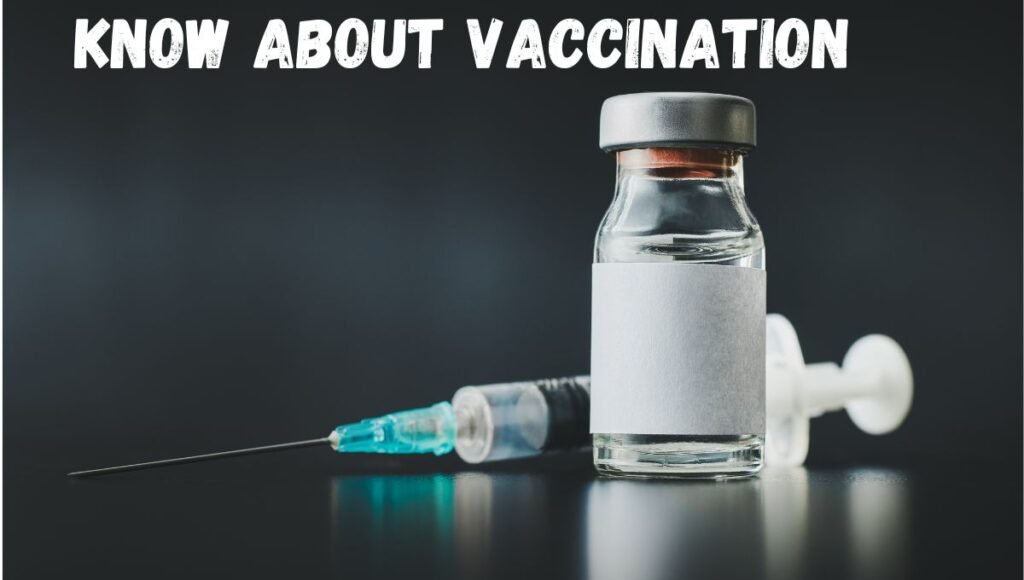Like people, dogs and cats are prone to a wide range of illnesses. Thankfully, we can regularly vaccinate them to prevent them from contracting these infections. However, which vaccinations are required for pets? How often should one provide these vaccinations?
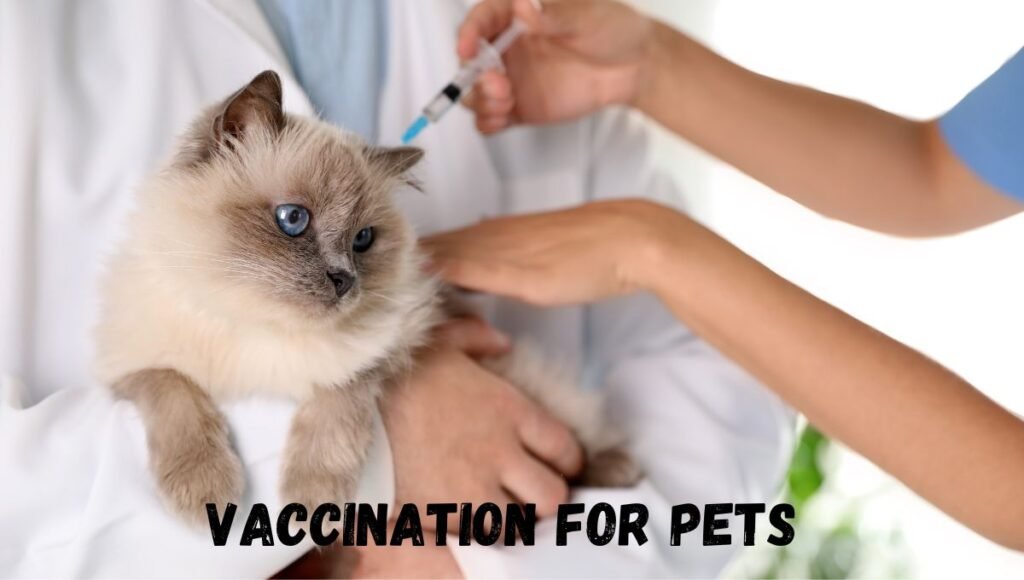
The Significance of Pet Vaccinations for Dogs and Cats
Pet vaccinations shield your dog or cat from several dangerous illnesses that may endanger their general health or lifespan, much like immunisations intended for humans.
Which vaccines for cats are often suggested but not required?

Depending on lifestyle, non-core cat vaccinations may be administered. Among them are:
- Feline leukemia virus
- Bordetella felis, Chlamydophila
- HIV-related feline immunodeficiency
The cost of your pet’s vaccines is much lower than the cost of treating the specific illnesses they guard against, even though, at the time, getting your dog or cat vaccinated may be an unnecessary expense, mainly if money is tight.
Vaccinations’ Effects on Pets Through vaccinations, your pet’s body can build immunity against several fatal and extremely contagious diseases by acquiring protective antibodies.
Following vaccination, the body of your dog or cat receives an organism that facilitates the growth of disease, boosts immunity, and instructs the body on how to combat certain diseases as we advance.
Pet vaccinations can significantly reduce the chance of infection and, if your pet does contract the disease, help prevent a bad case. Nevertheless, their efficacy in avoiding the diseases for which they are prescribed is not always 100%.
Which vaccinations are required for my dog or cat?
Not every pet will need every vaccine that is currently on the market. Determining which vaccinations are best for your dog or cat depends on discussing your pet’s lifestyle with your veterinarian. Based on your pet’s age, lifestyle, and place of residence, your veterinarian can advise you on which is most beneficial. In most North America, rabies vaccinations are legally mandated for pets older than six months. For one vaccine, it will always be necessary to have proof of immunization up to date.
Why Do Pets Need to Be Vaccinated?

You can maintain and shield your cat or dog’s health from harmful, fatal diseases by ensuring they have had all of their immunisations and are up-to-date on booster doses.
Many immunisations are required in the US, including the rabies vaccine for dogs and cats. Residents need immunisation records to get a pet licence in many places.
Vaccinations can be required if you take your pet to dog parks, stay in pet-friendly hotels, travel with them, or groom them. These can help shield your pet from infectious diseases that can spread to other animals and keep them from unintentionally spreading illness. This holds for dog daycare centres, pet-sitting services, and other enterprises as well.
Basic cat vaccinations
- Feline parvo, or feline distemper, is known as panleukopenia.
- Feline Herpesvirus Type I (Rhinotracheitis) Feline Calicivirus
- rabies
Basic dog vaccinations
- Dog parvovirus epilepsy
- Hepatitis Rabies in Dogs
The Significance of Canine Vaccinations
There is still a significant danger of disease, even if your dog is always leashed when playing outside. Your pet could get a terrible illness without even coming into contact with another dog because many bacteria and viruses can survive very long on surfaces. Pets who come into contact with diseased dogs while out for a walk may quickly become ill from other airborne ailments.
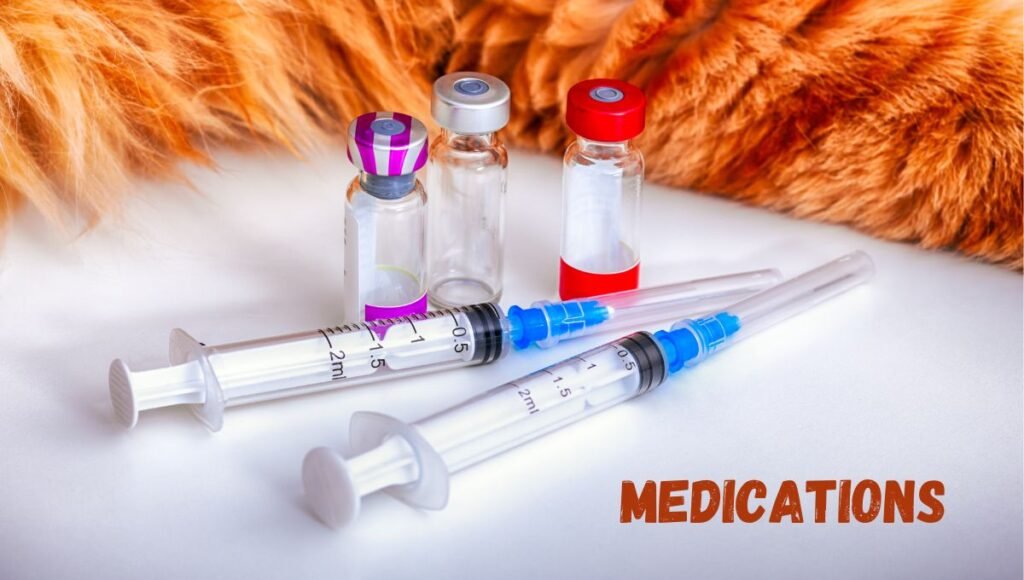
The Significance of Vaccinating Kittens
It can be easy to overlook the necessity of indoor cats receiving vaccinations, even though it may seem evident that outdoor cats are more likely to become ill with dangerous illnesses. However, do not be deceived; your cat can quickly flee through an open door or window. Many cat viruses can remain on surfaces or in the ground for extended periods. This means there’s still a chance of exposure even if you manage to get your fugitive cat back inside the house on time. In addition, there’s a chance that wildlife will infiltrate your home and endanger your pet’s health.
Which Core Vaccinations Are Necessary for Pets?
The goal of core vaccinations is to protect your pet from infections that are common in your community. They are recommended for most cats and dogs living in the United States. These illnesses have a high death rate and are easily transmitted between animals—and, occasionally, between animals and humans.

What Do Pets Get Vaccinations for Lifestyle?
Certain habits protect against diseases for pets, such as dogs who socialize with other dogs in dog daycares or cats who spend a lot of time outside, with lifestyle vaccinations for cats and dogs. Vaccinations against the following lifestyle diseases are advised for social cats and dogs who also want to go outside:
- Vaccinations against the feline leukemia virus (FeLV) and chlamydia (Chlamydophila felis) for cats’ way of life
- Dogs’ Lifestyle Vaccines: Bordetella (Kennel Cough)
- Leptospirosis Dog Flu (Canine Influenza)
- (Borrelia burgdorferi) Lyme disease
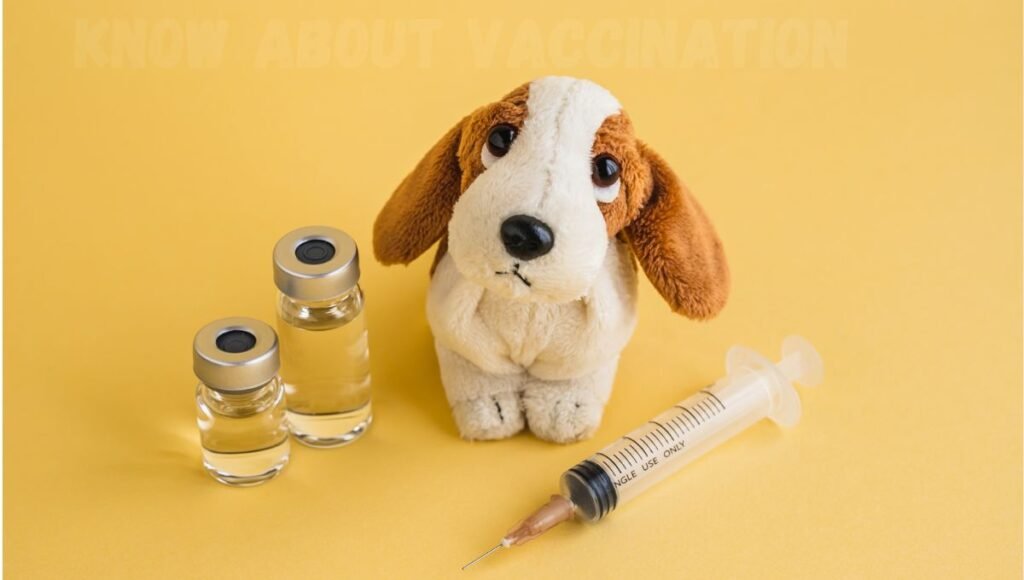
Why Do My Pets’ Vaccinations Need Booster Shots?
Depending on the vaccine, adult cats and dogs should have booster doses every three years or annually. Your veterinarian will communicate the date of your pet’s next vaccination appointment to you. For ongoing immunity against illnesses, these further immunisations are necessary.
When do the vaccinations start to protect my pets?
It’s crucial to remember that your puppy or kitten won’t be completely protected by their immunisations until they are between 12 and 16 weeks old after they have gotten all of the doses. Your young pet will be protected against illnesses or problems covered by the immunizations once your veterinarian has given them all of their initial shots.
If you intend to take your puppy or kitten outside before they’ve had all of the aforementioned immunisations, we advise limiting them to low-risk environments like your backyard.
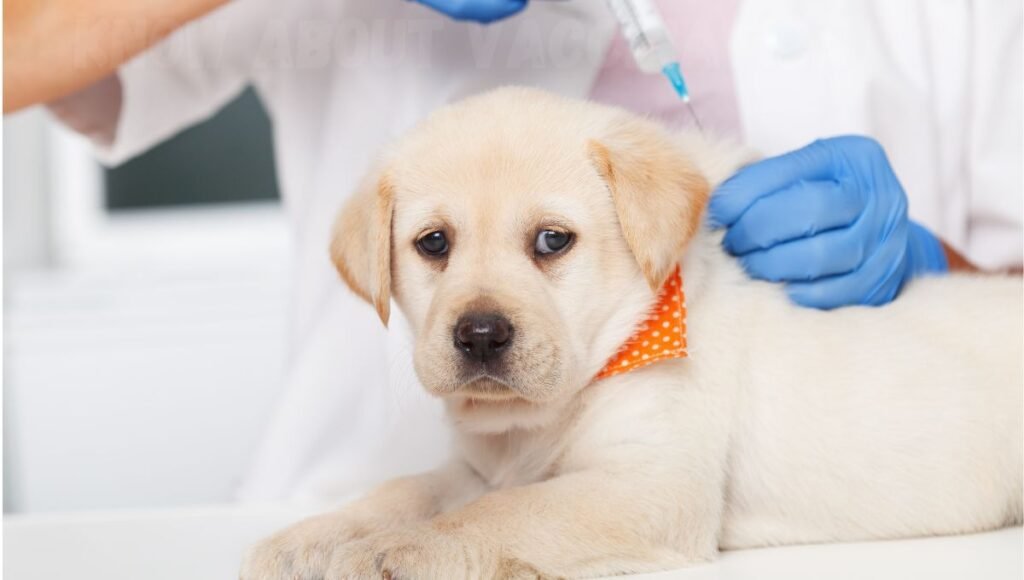
When Should a Pet Receive Its Vaccinations?
The duration of a given vaccination determines how often it should be provided.
Pet owners should talk to their veterinarians about the vaccinations suitable for their pets and how frequently they should be given. The suggested frequency of vaccination depends on your pet’s age, health, and likelihood of coming into contact with pathogens.
Do vaccines cause adverse reactions?
Pets frequently have any or all of the moderate side effects described below;
- they usually start to show symptoms shortly after the immunisation. If your pet experiences severe discomfort or these side effects last longer than a day or two, contact your veterinarian immediately.
- soreness or edoema where the vaccine was administered, low-grade fever
- Reduced inclination and hunger
- Sneezing, mild coughing, runny nose, or other respiratory symptoms may manifest for 2-4 days following your pet’s intranasal immunisation.
- Sometimes, we advise against vaccinations.
- The Lyme disease vaccine is one such vaccine we do not advise unless there are exceptional circumstances. The particular tick that carries Lyme disease is uncommon in Central Texas. We only give vaccinations against it if you plan to take your dog to a designated location.
- We advise year-round flea and tick management to further shield your pet against infections spread by fleas and ticks. Visit our blog to learn more about the illnesses that these parasites cause.

How long do vaccinations last?
We use caution when it comes to the frequency of vaccinations.
Core vaccinations: Research has long indicated that dogs and cats receive long-lasting protection from core vaccines, which guard against viruses after the first series is finished. Compared to most vets, we often administer those vaccinations less frequently.
For the other vaccines we discussed, immunity lasts for a shorter period of time.
We tend to provide those more frequently. When you bring your pet in for an annual examination, we like to adjust how we handle each one.
The science and engineering of vaccines are intricate. Over time, the danger of exposure varies. Additionally, we provide vaccine titers, which are blood tests that gauge your pet’s level of immunity, for pets who have already received their shots. Let’s talk more about your wants, lifestyle, and pet in the future.

